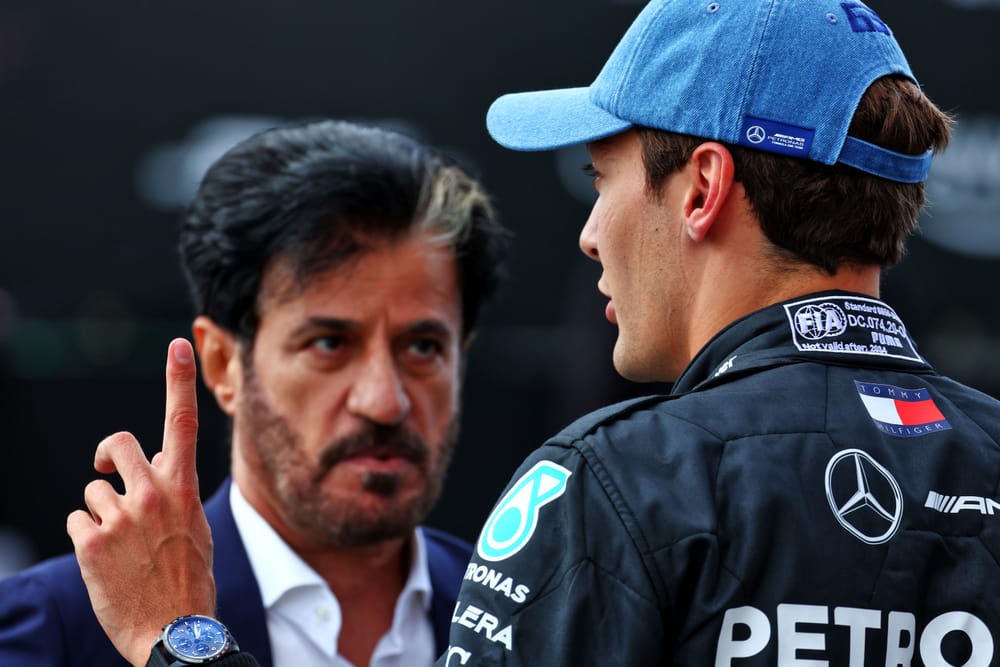

The embarrassing saga engulfing Formula 1 regulator the FIA has deepened with fresh significant exits adding to an exodus of senior personnel from the FIA, tied to president Mohammed Ben Sulayem.
FIA F1 race director Rui Marques, who only replaced Niels Wittich in the role for last weekend’s Las Vegas Grand Prix, will have to manage Formula 2 sessions in Qatar alongside his F1 responsibilities.
The high-pressure double-up is a result of Marques’ successor, Janette Tan, being stood down before she even performed the F2 race director role.
The Race has been told this relates to Tan’s role as director (race operations) for the Singapore Grand Prix.
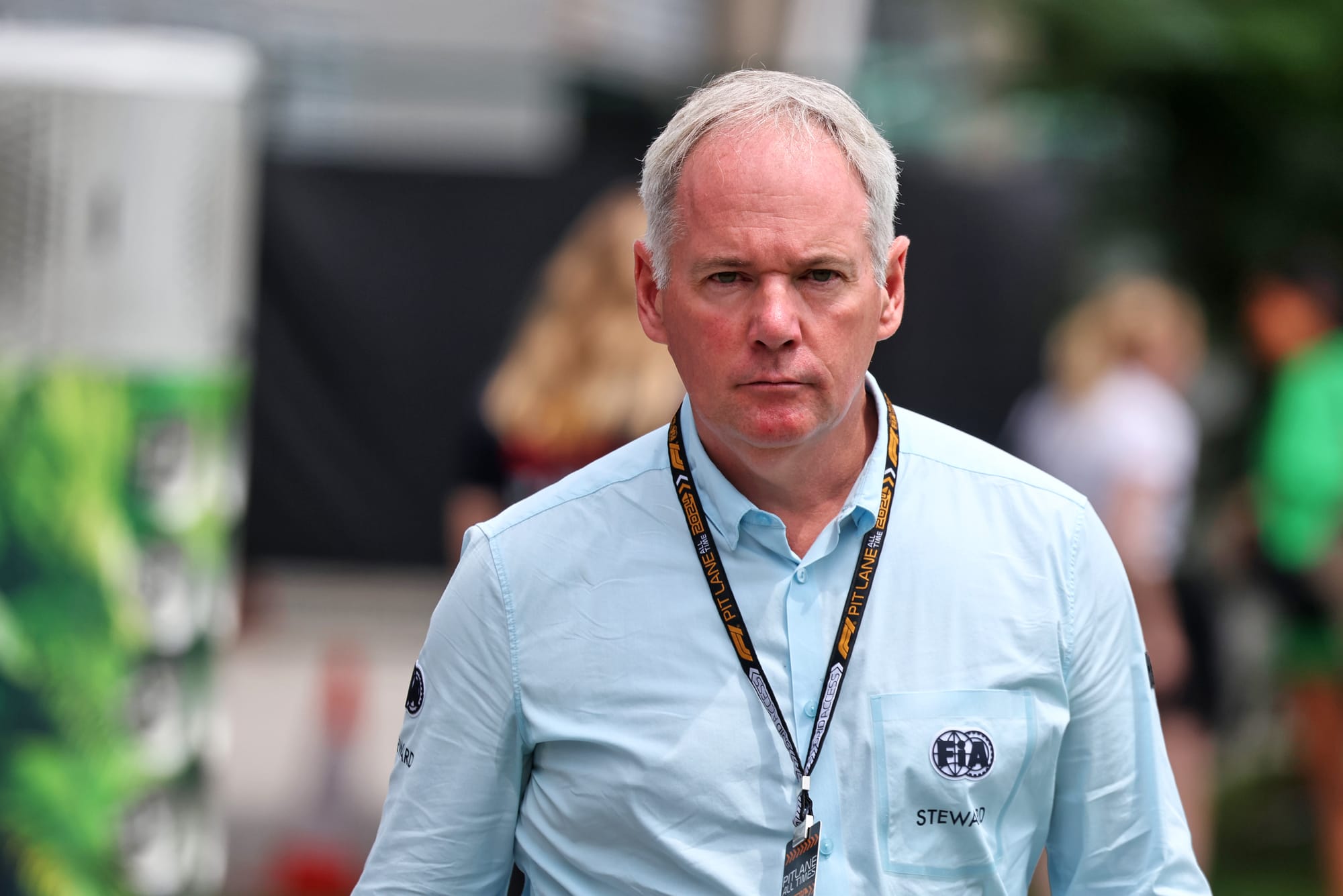
It has emerged at the same time Tim Mayer, a long-serving FIA contributor as an unpaid steward and delegated in the US, was told by text message his services were no longer required.
Though the FIA has not commented on either case specifically, Mayer told the BBC that the FIA’s official reasoning would be that he demonstrated a conflict of interest. It is unclear if Tan being removed as F2 race director is based on a similar logic.
Mayer, the son of McLaren co-founder Teddy, is widely regarded to be one of the FIA’s best stewards. His contributions to the FIA in over a decade working with the governing body includes coordinating US motorsports and being a steward in F1 and World Endurance Championship, plus teaching and working on multiple commissions.
He has told the BBC on Thursday ahead of the Qatar GP that the FIA are “literally running out of people to do those jobs”, in reference to Marques being put under “incredible pressure” to be race director for both categories on the same weekend.
It also comes in the middle of an intense F1 triple-header and after Marques led race control at the Macau Grand Prix the week before Las Vegas.
F1 drivers have not been impressed with the recent volatility within the FIA and the latest developments have emerged ahead of a crucial point of feedback.
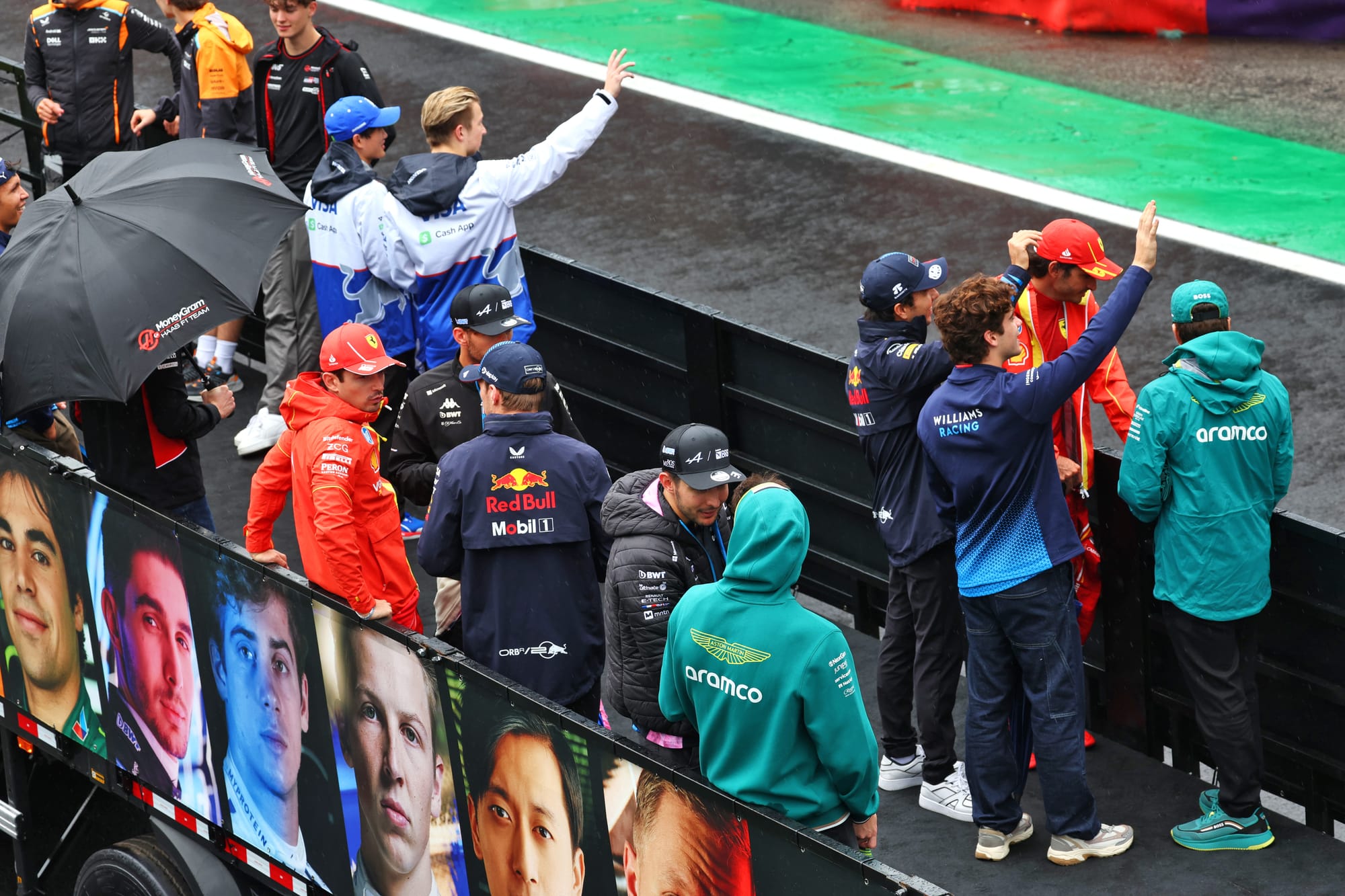
A drivers meeting is due to take place on Thursday evening in Qatar with FIA race control and stewards, for an annual review that will also include a follow-up conversation to the discussion in Mexico regarding adapting F1’s controversial racing guidelines.
The news of further turnover in the FIA ranks is an escalation in a concerning public narrative for the organisation and its president.
It is exacerbated by Mayer’s decision to go on the record with a candid interview with the BBC.
He says Tan’s exit means the FIA has lost “the best of the next generation of race directors”, that Ben Sulayem has “directly involved himself” in matters like a controversial swearing clampdown, and that Meyer himself was sacked because Ben Sulayem felt Mayer had committed " a personal attack on him" recently.
That relates to Mayer’s role in a recent dispute between the FIA and the US Grand Prix organisers, where Mayer was working in an independent capacity as a representative for US Race Management, the ‘sporting organiser’ rather than the event promoter.
Mayer was part of the initial stewards’ hearing when the US GP was criticised and punished for fans invading the track at the end of the race, and then involved in a right of review as the circuit and the organiser took issue with the assertion they “failed to take reasonable measures thus resulting in an unsafe condition”.
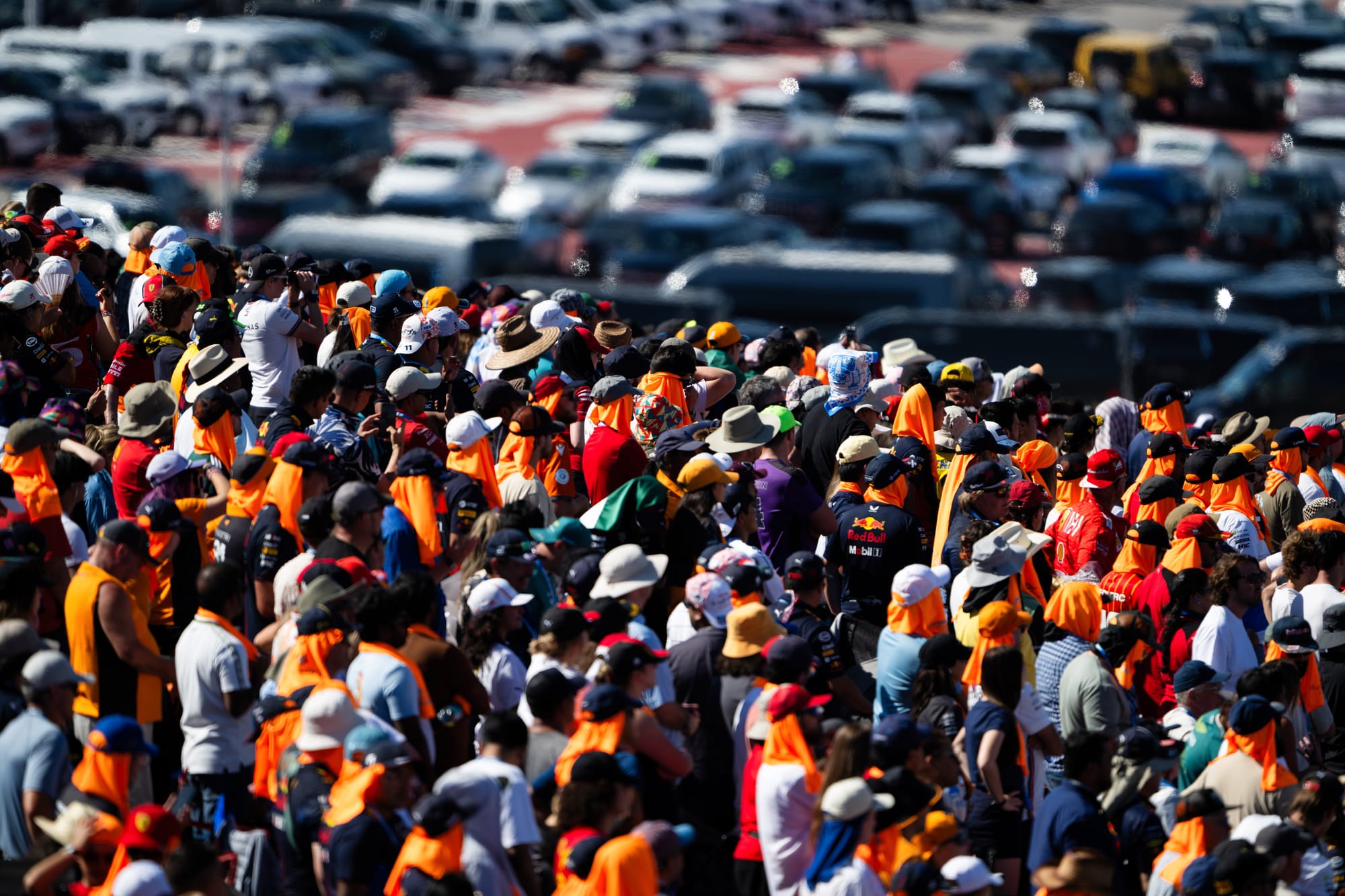
The fresh decision determined no breach of the International Sporting Code but of the sporting regulations instead. It still imposed a €500,000 fine – €350,000 of which was suspended until December 31 2026 – and according to Mayer, Ben Sulayem “took offence” at what was presented in the appeal. Mayer called that “baffling” and said “there was no cause for his feelings to be hurt when everyone else dealt with this in a professional manner”.
FIA's response
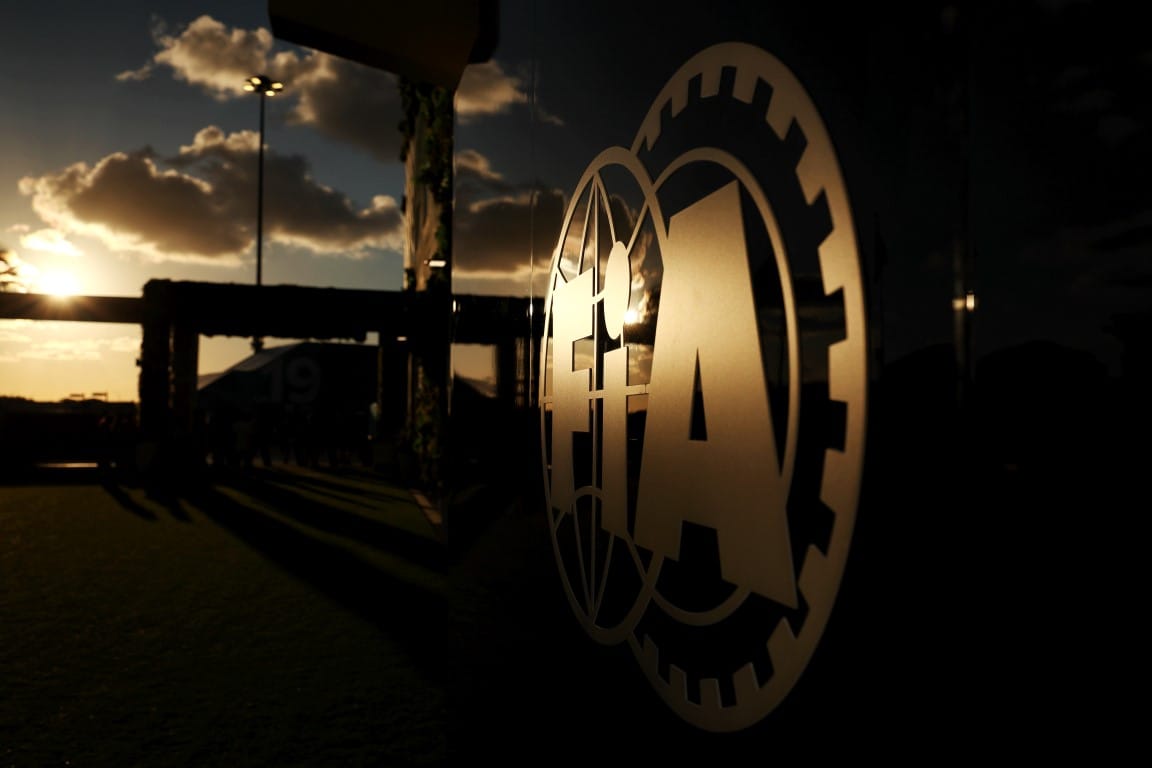
After the news came out, the FIA offered a justification for Marques' expanded role - by saying that "the demands on the race director have become a lot less onerous due to the support structure that has been implemented" during F1 weekends.
"The Race Director is now free to focus entirely on race management without being burdened by peripheral duties," the FIA said.
"He has at least four people supporting him in Race Control, a dedicated technical and IT department to support specifically on issues such as track limit detection and stewarding. We also have four-six people on duty at the Remote Operations Centre in Geneva providing live support during every Formula 1 session, qualifying and race.
"It is also not uncommon for the F1 Race Director and Deputy Race Director to play an active or advisory role in the race management of support races such as Formula 2 and Formula 3."
The FIA also dismissed the claim of a shortage of available race direction personnel, pointing to its High Performance Programme in which "there are currently a number of candidates engaged" who have already taken part in the carrying out of race control duties at world championship rounds including F1 - and who "are earmarked for future roles across a range of FIA categories".
It is not the first time that Ben Sulayem has been called out in public. The Grand Prix Drivers Association recently criticised him and his interference on F1 matters has courted controversy during the majority of his presidency over the last three years.
Some of the drivers were unimpressed in Qatar too.

"I mean, just when we've asked for a bit of transparency and consistency, we're getting rid of two highly important people in the governing body. It's kind of gone a full 360," GPDA director George Russell said.
"We still don't have any reasoning for Niels's removal, I don't think anybody was informed about Tim leaving, and the same- the first I heard about the new race director doing Formula 2 this weekend as well was through the media.
"So... naturally in any organisation, if you've got people leaving or a change of personnel, it's never going to be a stable environment and people have to learn the new rules.
"And thats very challenging for any team, and it must be super challenging for everyone within the FIA right now. So, you know, we'd love to get a little bit of clarity and understanding of what's going on and, you know, who's getting fired next."
The sheer number of senior figures to have left, either at Ben Sulayem’s direct instruction or as a consequence of his leadership, was already alarming. The increase in the dissent – publicly and privately, as other parts of the FIA have been critical of Ben Sulayem’s regime – is another escalation in the crisis.
It reflects extremely poorly on an organisation that, while staffed with a lot of committed and competent individuals, seems to be increasingly hamstrung by the actions of its leader.
